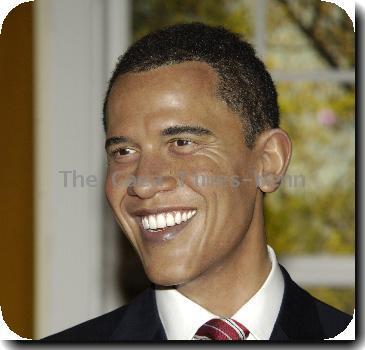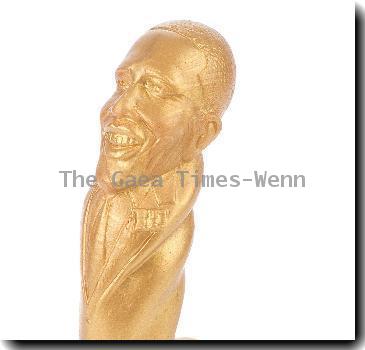US hopes UN debate on human rights in Iran will note Tehran’s abuses of prisoners, protesters
By Bradley S. Klapper, APWednesday, February 10, 2010
US wants UN debate on Iran’s human rights
GENEVA — The United States hopes a U.N. debate next week on Iran will shine a light on Tehran’s mistreatment of prisoners, its repression of protesters and its imprisonment of journalists and intellectuals, a senior U.S. official said Wednesday.
John Limbert, who was among dozens of Americans held captive in Iran in 1979-1980, said he wants to hear honest credible discussions about Iran’s human rights situation even if the U.N. Human Rights Council holding the debate has a spotty record in that regard.
The four-year-old U.N. body has been criticized for failing to address some of the world’s most serious rights violations, but Limbert, the U.S. deputy assistant secretary of state for Iran, said Monday’s hearing offers the world a valuable forum.
People in Iran have been “gassed, arrested, beaten up and shot” since its disputed presidential election in June, Limbert told reporters. “The U.S. and the international community can bear witness to what is going on there, and can speak a simple truth.”
Iran’s U.N. mission in Geneva declined to comment on Limbert’s statements.
Limbert recounted his four decades of history with Iran, from being a high-school teacher and researcher there during the Shah’s reign to his brief stint in 1979 as a diplomat and then 14 months of incarceration after Iranians stormed the U.S. embassy in the aftermath of the Islamic Revolution.
He said the U.S. was very concerned about Iran’s people, and said their plight had grown worse since the June election, but he declined to speculate on the level of fraud in the vote that returned President Mahmoud Ahmadinejad to power.
Limbert said recent rights abuses come on top of Iran’s long-standing problems linked to the treatment of detainees, rights for religious minorities, limits on freedom of speech and assembly, and the arbitrary arrest of journalists, bloggers and filmmakers.
The three-hour debate will be held under the U.N. council’s rotating reviews of all governments’ human rights records. The events have been criticized for providing a stage that allows countries to give glowing reports of themselves and receive compliments from allies.
Others have defended the process, saying it publicly airs criticism that otherwise would be silenced in U.N. discussions.
Limbert said he expected that Tehran could accuse Washington of “interference, of imposing our values, of telling them what to do.”
But, Limbert said, honest human rights criticism in no way contradicts President Barack Obama’s “efforts to change America’s 30 years of estrangement with Iran.”
He also said Iran’s nuclear ambitions shouldn’t be part of the human rights debate, even if Tehran argues that pressure over its uranium enrichment program violates the country’s right to peaceful nuclear energy.
Washington and other Western governments fear that Iran may be developing nuclear weapons, but Tehran says its program aims to produce sorely needed energy.
Tags: Barack Obama, Europe, Geneva, Geography, Iran, Middle East, North America, Switzerland, Tehran, United States, Western Europe



